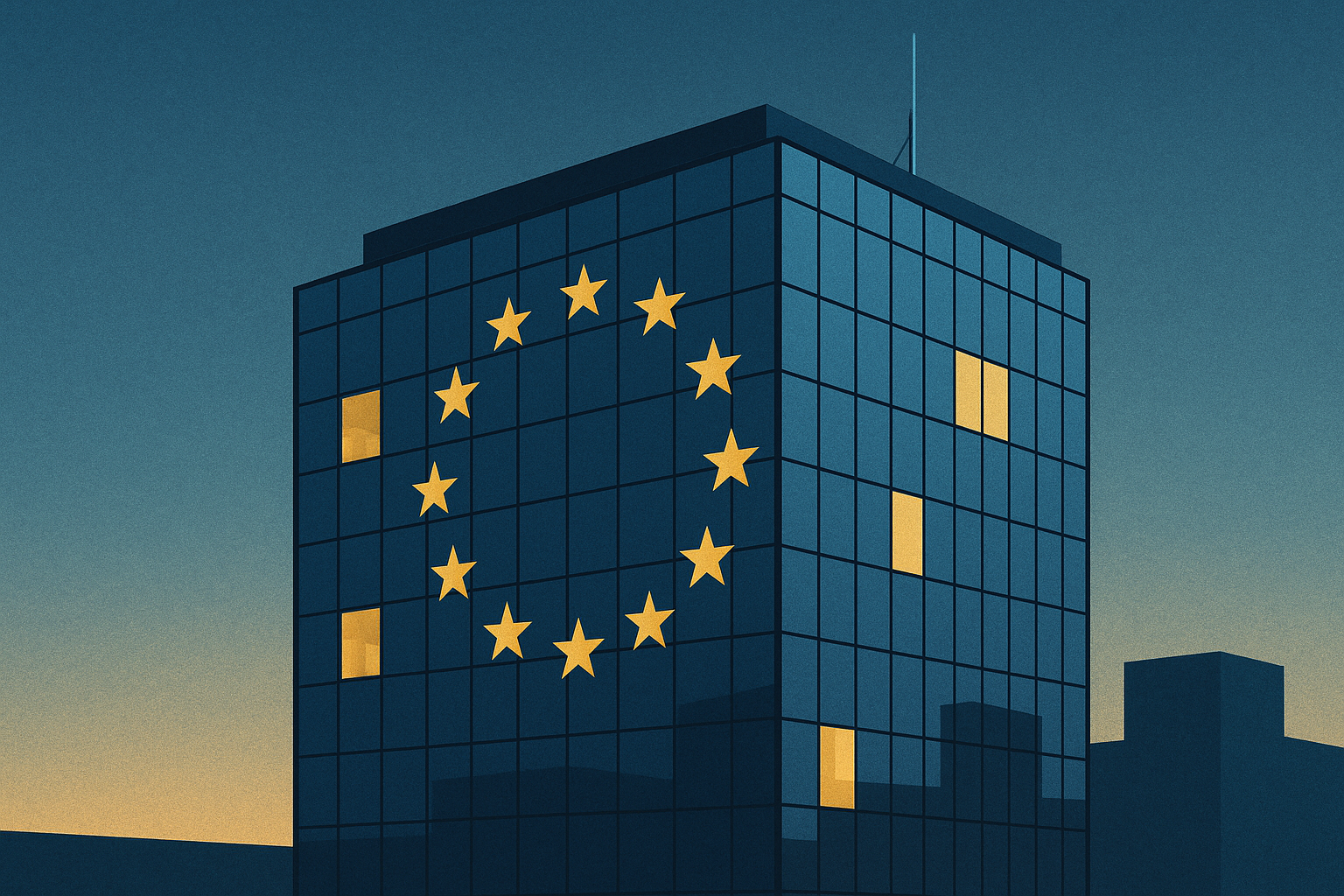Apple has been targeted with a fresh antitrust complaint in Brussels, marking the latest setback for the tech giant as global regulators intensify their scrutiny of major technology firms. The joint complaint, submitted on Wednesday, claims that Apple’s App Store policies and device terms of service contravene the EU’s recently enacted Digital Markets Act (DMA). This complaint was lodged by two civil rights organisations accusing Apple of infringing upon the DMA, a significant piece of legislation aimed at curbing the influence of dominant tech platforms.
According to Reuters, the case has been presented to the European Commission, which holds the authority to levy fines up to 10% of a company’s global revenue for non-compliance. If the complaint is upheld, it would exacerbate Apple’s regulatory challenges, following a €500m (£427m) fine imposed in April for limiting music app developers from informing users about cheaper payment options outside its App Store.
The Digital Markets Act was introduced earlier this year to limit the power of “gatekeepers”—large tech platforms that oversee crucial digital services like app stores, browsers, and messaging tools. The law establishes stringent guidelines for major players such as Apple, Google, Amazon, Meta, and Microsoft, aiming to prevent them from prioritising their own products or restricting users.
Apple’s App Store has been a focal point of competition investigations on both sides of the Atlantic. In the United States, the Department of Justice has accused Apple of unlawfully monopolising the smartphone market, while the UK’s Competition and Markets Authority (CMA) is examining its commission structure and alleged developer restrictions.
The latest EU complaint emerges amid growing political and public concerns about the dominance of Apple and Google in app marketplaces. Earlier this year, the Institute for Public Policy Research (IPPR) highlighted that Apple and Google’s 30% commissions on in-app payments were costing UK developers between £1.5bn and £2.4bn annually. The think tank called on the government to enhance the CMA’s powers to “curb exploitative practices” and foster competition.
Apple is not alone in facing regulatory scrutiny. In Washington, Google’s parent company Alphabet recently avoided a forced divestiture of its Chrome browser or Android operating system, despite earlier findings that it maintained a monopoly in online search through exclusive agreements with Apple and Samsung. The court, however, mandated Google to share search data with competitors and ease exclusivity clauses. This decision was well-received by the market, with Alphabet shares rising over seven per cent. Analysts described the ruling as a “regulatory bullet dodged,” suggesting that other Big Tech firms might anticipate similarly favourable outcomes.




